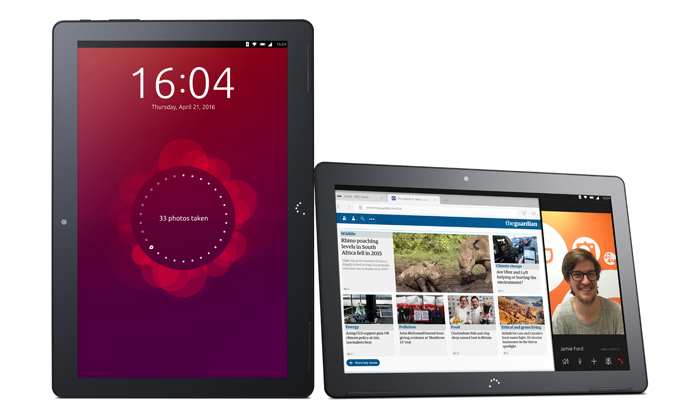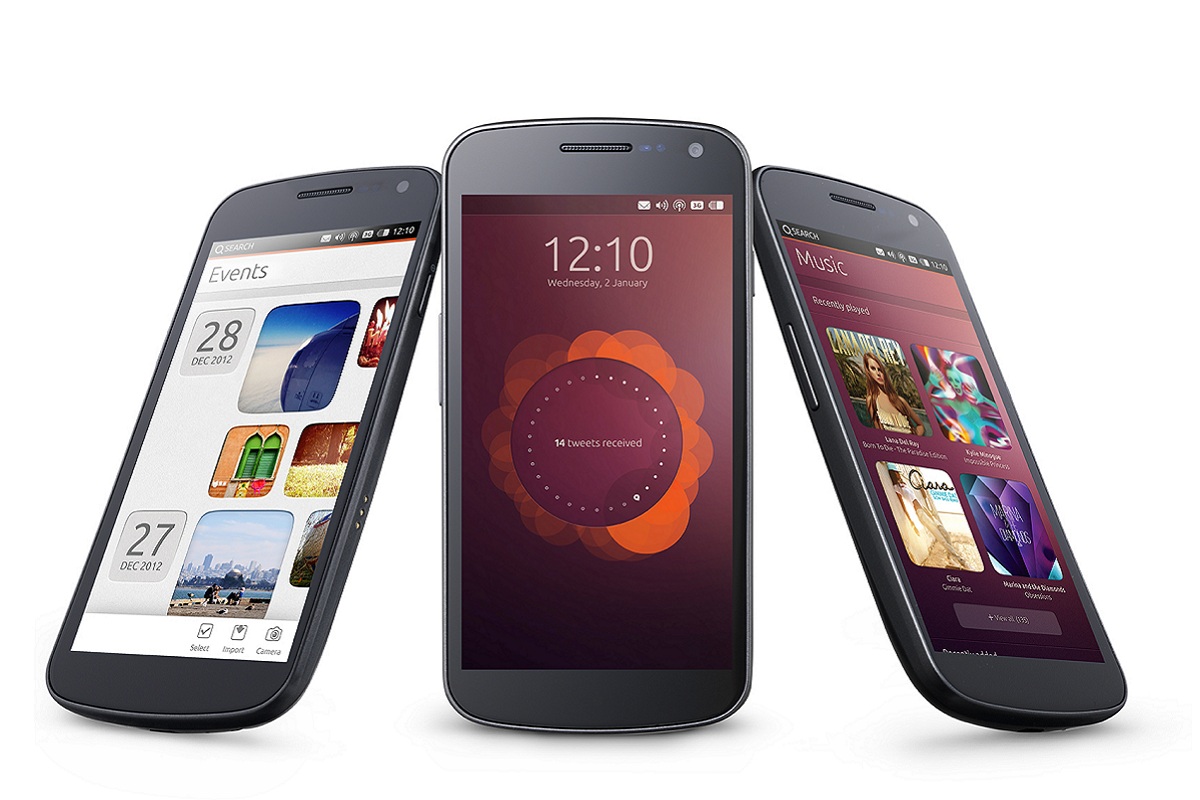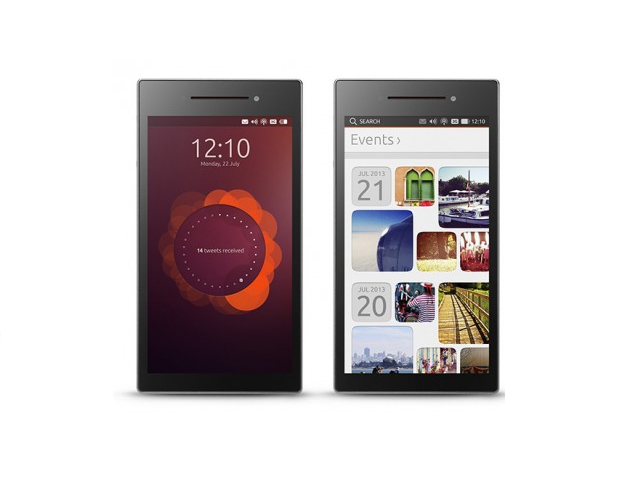Ubuntu smartphone European release date due in February
Device running the open sourced OS will be manufactured by Spanish firm BQ and cost €170

Canonical has finally announced its first Ubuntu smartphone, which will be manufactured by Spanish device maker BQ.
Officially named the Aquaris E4.5 Ubuntu Edition, the handset will be available in Europe initially through a series of flash sales priced at 169.90.
These sales will take place the week beginning 9 February with exact times and dates to be announced through the @Ubuntu and @bqreaders Twitter accounts, via Google+ (Ubuntu G+) and on the Ubuntu Facebook page.
Key specifications include 4.5in screen, a MediaTek quad-core Cortex A7 processor running at up to 1.3 GHz and 1GB RAM. The device will also include 8GB of internal storage.
There's a 5-megapixel camera on the front and an 8-megapixel snapper on the rear with a BSI sensor.
The Aquaris E4.5 Ubuntu Edition will ship with a dual SIM configuration and will be unlocked. A select number of operators including 3 (Sweden), amena.com (Spain), giffgaff (UK) and Portugal Telecom will offer special SIM bundles.
In terms of the interface, Ubuntu will display content in an aggregated fashion instead of relying on the traditional app tray model. Music, social, web, local services, and photos will all be accessible from the home screen, in what will be known as Scopes'.
Get the ITPro daily newsletter
Sign up today and you will receive a free copy of our Future Focus 2025 report - the leading guidance on AI, cybersecurity and other IT challenges as per 700+ senior executives
"We're not coming out with another iOS or Android clone. We're introducing a brand new way for people to interact with their smartphones," claimed Cristian Parrino, VP of mobile at Canonical during a pre-brief.
The Ubuntu smartphone OS will also support mainstream HTML5, so developers can reuse apps they've already created for the web.
Canonical is targeting early adopters at the initial launch, but the firm is confident it can replicate the success of unknown companies such as Xiaomi, which have sprung up in Asia.
"We're learned quite a bit from China where unknown innovative brands have become extremely successful in a cluttered market by focusing on early adopters," Parrino continued.
Canonical previously tried to raise 32 million via crowd-funding to bring the device to market in 2013. Despite failing short of the target by raising 12 million, it still managed to secure a deal with BQ and Chinese firm Meizu.
-
 Cleo attack victim list grows as Hertz confirms customer data stolen
Cleo attack victim list grows as Hertz confirms customer data stolenNews Hertz has confirmed it suffered a data breach as a result of the Cleo zero-day vulnerability in late 2024, with the car rental giant warning that customer data was stolen.
By Ross Kelly
-
 Lateral moves in tech: Why leaders should support employee mobility
Lateral moves in tech: Why leaders should support employee mobilityIn-depth Encouraging staff to switch roles can have long-term benefits for skills in the tech sector
By Keri Allan
-
 Canonical founder lays into “deeply anti-social” Mir-haters
Canonical founder lays into “deeply anti-social” Mir-hatersNews Going mainstream brings out those who “love to hate”, says Shuttleworth
By Rene Millman
-
 Ubuntu to drop Unity, kills off smartphones and tablets convergence plans
Ubuntu to drop Unity, kills off smartphones and tablets convergence plansNews Desktop Ubuntu will go back to Gnome
By Rene Millman
-

 Qnap TS-853A-8G review
Qnap TS-853A-8G reviewReviews This Ubuntu NAS will give you something to sing about
By Dave Mitchell
-
 HP Probook 455 G2 Ubuntu review
HP Probook 455 G2 Ubuntu reviewReviews If you’re sick of Windows 10 already then try this Ubuntu-powered budget laptop
By Mike Passingham
-
 HP Ubuntu laptop (255 G1) review
HP Ubuntu laptop (255 G1) reviewReviews HP’s latest notebook saves money by ditching Windows for Ubuntu. Is your next notebook Open Source?
By Mike Jennings
-
 Canonical names first Ubuntu Touch smartphone makers
Canonical names first Ubuntu Touch smartphone makersNews Ubuntu developer finally names manufacturers helping make good on its smartphone ambitions.
By Caroline Donnelly
-
 Ubuntu 13.10 desktop OS goes on general release
Ubuntu 13.10 desktop OS goes on general releaseNews Canonical unleashes latest version of desktop OS.
By Caroline Donnelly
-
 Ubuntu Edge shelved after missing $32m funding target
Ubuntu Edge shelved after missing $32m funding targetNews Canonical falls $20m short of target, as Android/Ubuntu handset remains a dream.
By Khidr Suleman